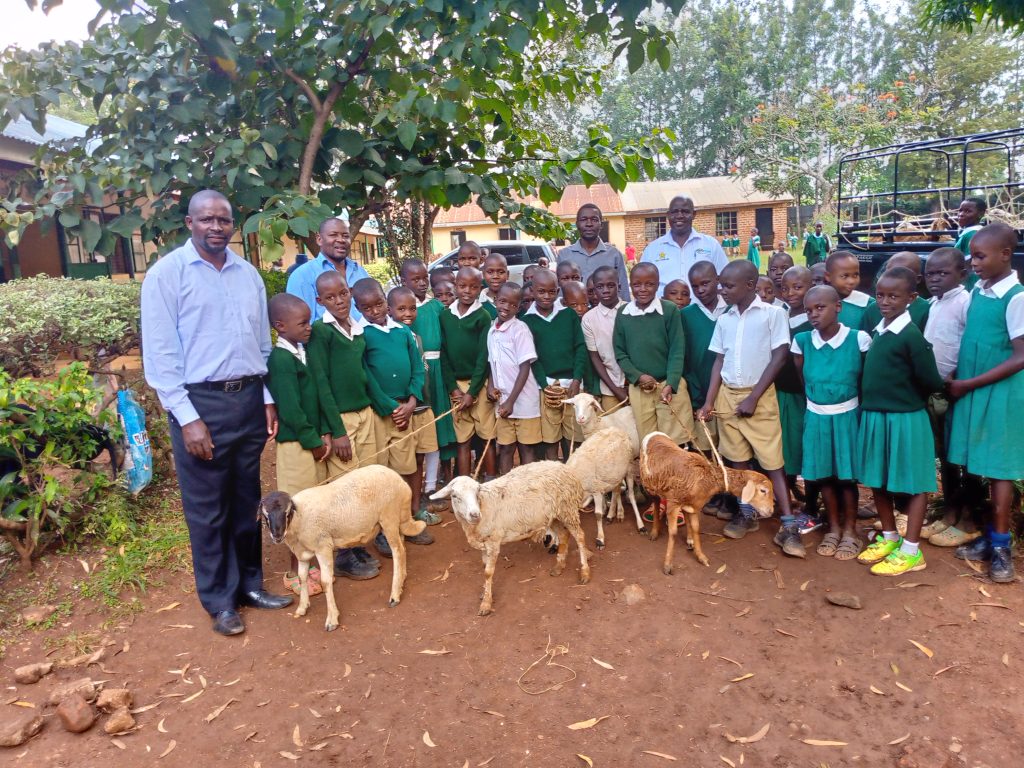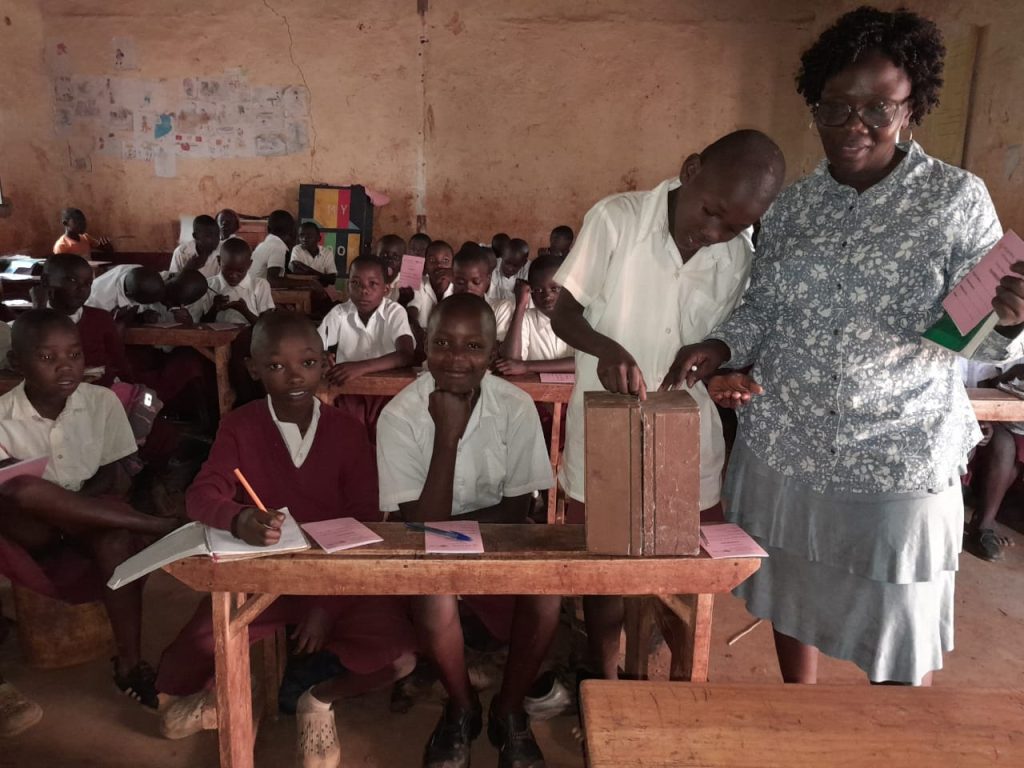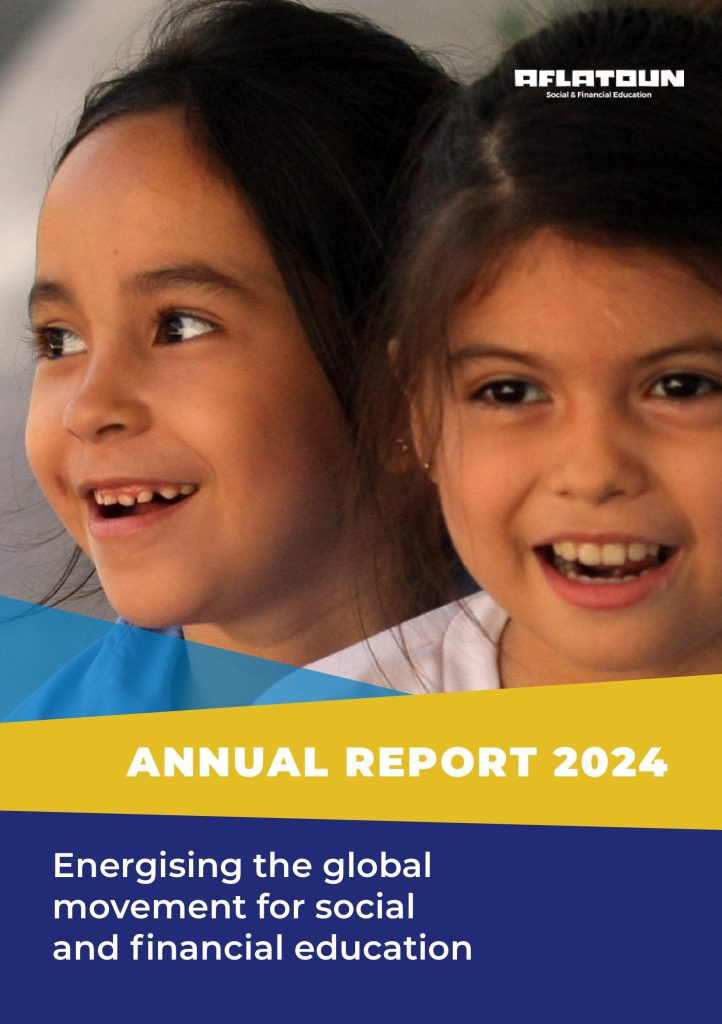The Northgem programme has supported 15 clubs with start-up capital in kind. Through the club activities, they generate income to be self-reliant and also support other social causes. Patrons insist that members continue with the activities even at home. This ensures that whatever they learn is practised outside of school as well.
To date, 46 patrons have been trained and are now equipped with skills to train students. Members and non-members of the clubs have benefited from various club activities. In one club, the members often identify needy students and support them with school supplies or even part of the school uniform. In schools with a feeding programme, the clubs practising farming have been able to sell vegetables to the school, contributing to the school’s nutrition. Some of the clubs’ activities have significantly contributed to environmental conservation. One of the clubs raises tree seedlings which they sell to generate income. Members of the clubs are usually given five seedlings to plant at home. Their school has also allocated them a section where they plant the seedlings, which is now growing into a small forest.
The Need for Financial Literacy in Kenyan Schools

.
The Need for Financial Literacy in Kenyan Schools
The Northgem programme established Aflatoun clubs in schools to train and empower the younger generation with an abundance mindset from an early age. In the Kenyan 8-4-4 school curriculum, students were not being taught financial literacy as a life skill. Teachers responsible for disseminating information to the children had also received no training on this. Following the sensitisation of school heads from various schools in the region, our organisation recognised the need for Aflatoun clubs in these schools to help the children maximise their potential.
The Need for Financial Literacy in Kenyan Schools

The Need for Financial Literacy in Kenyan Schools
Our partnership
Through collaboration with the Ministry of Education of Kenya, the project established Aflatoun clubs in the region. After training teachers as patrons of various schools in 2021, the clubs were initiated in 23 schools. The project staff have been providing technical assistance to the clubs. Aside from the project activities, the social enterprise component has been particularly important to the project.
The Northgem programme has empowered the clubs to draft budgets for different activities they wish to engage in, which have subsequently been funded. Currently, some of the activities include poultry keeping, sheep rearing, vegetable gardening, tree planting, making sisal skirts, and selling popcorn, among others.
Group savings using ‘changa boxes’ is another major activity that spans all the clubs. A key message being promoted is, “it is not the amount one saves that counts but rather the frequency”.












